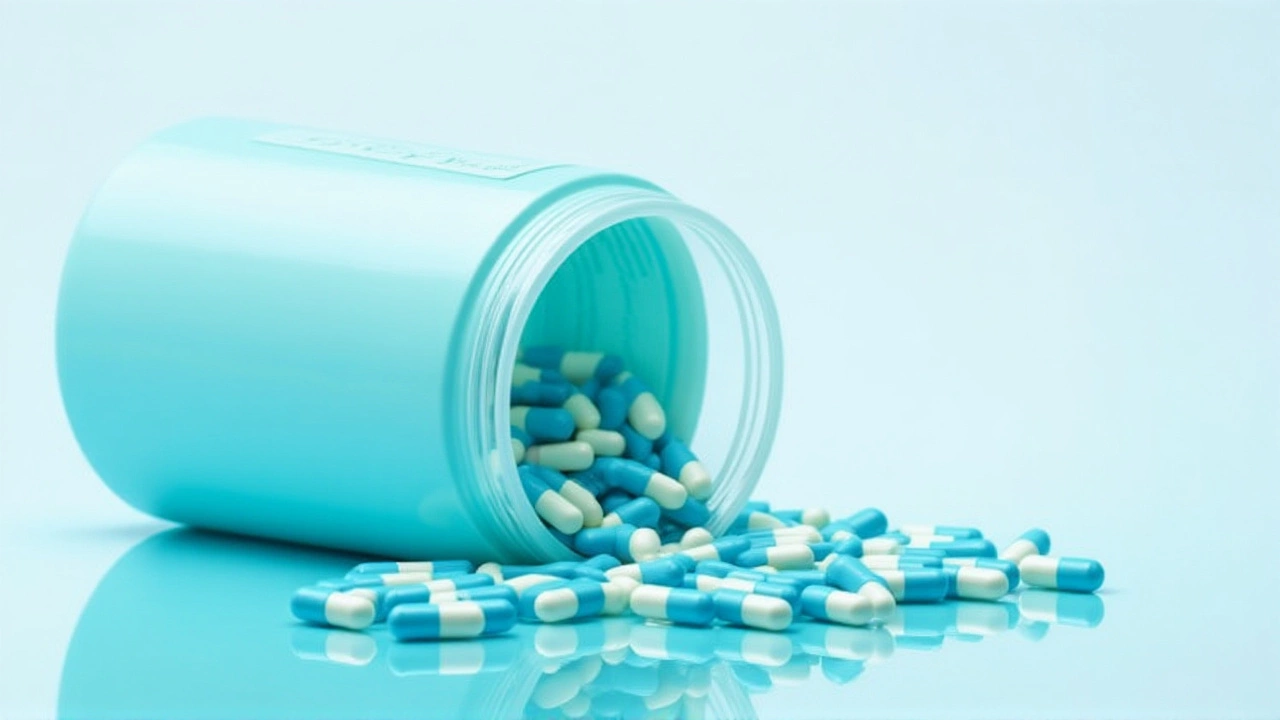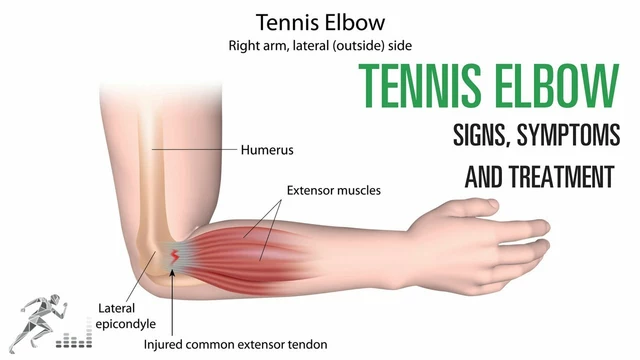 26
Nov,2025
26
Nov,2025
On October 27, 2025, Bruce Hiscock, Chief Financial Officer of Bioventix plc, quietly increased his stake in the company by purchasing 119 ordinary shares at an average price of 2,009 pence each — a total investment of £2,391 — on the London Stock Exchange’s AIM Market. The transaction, filed publicly on October 30, 2025, brought Hiscock’s total beneficial holding to 1,324 shares, or roughly 0.03% of Bioventix’s issued capital. It’s not a massive move by market standards, but in the world of small-cap diagnostics firms, insider buys like this carry weight — especially when the stock is trading under pressure.
Why This Matters in a Down Market
Hiscock’s move isn’t random. It’s part of a pattern. Back in April 2022, he added just three shares through a dividend reinvestment plan (DRIP). Then, on October 26, 2022, he sold 204 shares and simultaneously bought 480 — a complex trade that netted him more shares at a higher price point. Each of these moves was meticulously reported under EU Market Abuse Regulation rules, underscoring Bioventix’s commitment to transparency. The October 2025 purchase continues that trend, reinforcing the idea that leadership sees value where others see risk.
The Company Behind the Shares
Bioventix plc isn’t a household name, but in clinical diagnostics, it’s a quiet powerhouse. Headquartered in the UK, the company develops high-affinity monoclonal antibodies used in diagnostic tests — think blood panels, infectious disease screening, and autoimmune markers. These aren’t flashy drugs; they’re the invisible engines behind lab results doctors rely on daily. With a market cap of £121.5 million and an average daily trading volume of just 7,577 shares, Bioventix operates in the niche but stable corner of healthcare tech.
Its business model is capital-efficient. Low R&D spend compared to pharma giants, high-margin products, and recurring revenue from diagnostic kit sales. TipRanks’ AI Analyst, Spark, put it bluntly: "Bioventix is in a strong financial position with excellent profitability and a robust balance sheet. Despite technical pressure, its fair valuation and high dividend yield provide a compelling investment case. Recent corporate events further bolster confidence in its growth potential." That’s not just optimism — it’s a data-driven assessment based on earnings stability and cash flow.
Insider Activity as a Signal
Insider buying doesn’t guarantee a stock will rebound — but it does suggest someone with skin in the game believes the price doesn’t reflect the value. Hiscock’s cumulative purchases since 2022 show a clear pattern: he’s been accumulating shares during periods of market weakness. His 2022 transactions occurred when the stock was trading above £30 per share. Now, at around £20.09, he’s buying again. That’s not a panic move — it’s a strategic one.
Compare this to other small-cap UK firms where insiders have sold during downturns. Bioventix stands out. The fact that every transaction is filed with the London Stock Exchange under LEI 213800225MHX7LZQY108 and ID GB00B4QVDF07 means there’s no ambiguity. No rumors. No leaks. Just clean, regulated disclosure.

What’s Next for Bioventix?
There are no announced product launches or major partnerships on the horizon, but that’s not necessarily a red flag. Bioventix thrives on incremental growth — expanding its antibody library, securing new diagnostic partnerships, and maintaining margins. Its financials suggest it doesn’t need to make big bets to grow. It just needs to keep doing what it’s been doing.
Investor attention may pick up if the broader market shifts toward value plays or if inflation pressures ease, making high-yield small caps more attractive. For now, the market is focused on AI-driven biotech and big pharma M&A. Bioventix flies under that radar. But for investors who look beyond the noise, Hiscock’s latest buy is a quiet vote of confidence.
Frequently Asked Questions
Why did Bruce Hiscock buy shares when Bioventix’s stock was falling?
Hiscock’s purchase suggests he believes the stock is undervalued despite the -16.13% decline. His track record shows a pattern of buying during downturns — he accumulated shares in 2022 when the price was higher, and now he’s buying again at a lower level. As CFO, he has access to internal financial data that public investors don’t, making his actions a strong signal of confidence in the company’s fundamentals.
How does this insider purchase affect Bioventix’s market perception?
While small in size, the transaction reinforces Bioventix’s reputation for transparency and governance. In the AIM market, where liquidity is low and speculation high, consistent, regulated insider activity builds trust. TipRanks’ "Outperform" rating, combined with Hiscock’s buying, may encourage institutional investors to re-evaluate the stock, particularly those focused on dividend yield and balance sheet strength.
What’s the significance of Bioventix’s focus on monoclonal antibodies?
High-affinity monoclonal antibodies are the backbone of modern clinical diagnostics — they enable precise detection of diseases like cancer, Lyme, and autoimmune disorders. Unlike drug developers, Bioventix doesn’t bear the risk of clinical trials. Instead, it supplies critical components to labs and diagnostic manufacturers, creating stable, recurring revenue with high gross margins — a model that’s resilient even in economic downturns.
Are there any upcoming events that could impact Bioventix’s stock?
No major product launches or earnings dates have been announced beyond the company’s regular reporting cycle. However, investors should watch for updates on new antibody partnerships or regulatory approvals in the UK and EU diagnostic markets. Any expansion into emerging markets like Southeast Asia or Latin America could be a catalyst. For now, the company’s strategy appears to be steady growth through operational efficiency.
How does Bioventix compare to other diagnostic firms on the AIM Market?
Bioventix stands out for its profitability and dividend yield, which are rare among AIM-listed diagnostics firms. Many peers are still in R&D mode, burning cash. Bioventix generates consistent revenue with minimal overhead. Its market cap of £121.5 million is modest, but its cash reserves and low debt give it more flexibility than most. Hiscock’s continued buying suggests he sees this as a rare combination of value and stability.
Is this transaction compliant with UK and EU regulations?
Yes. The trade was reported under EU Market Abuse Regulation (MAR), using the official LEI 213800225MHX7LZQY108 and ISIN GB00B4QVDF07. Bioventix has a history of timely, detailed disclosures — every director transaction since 2022 has been publicly filed within the required 24–48 hour window. This level of compliance is above average for small-cap firms on the AIM Market, reinforcing investor trust.




